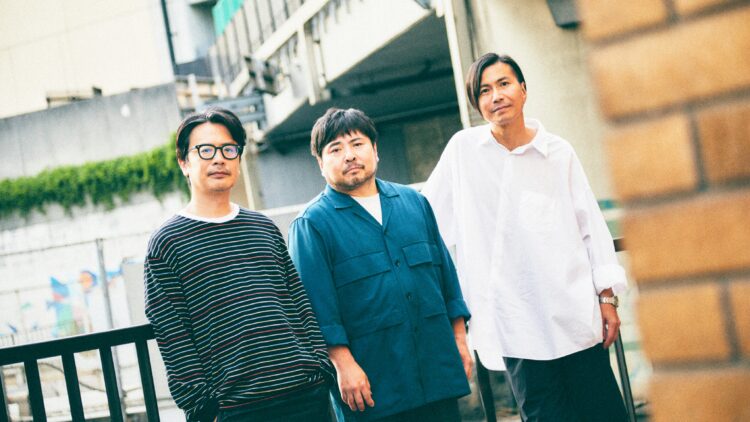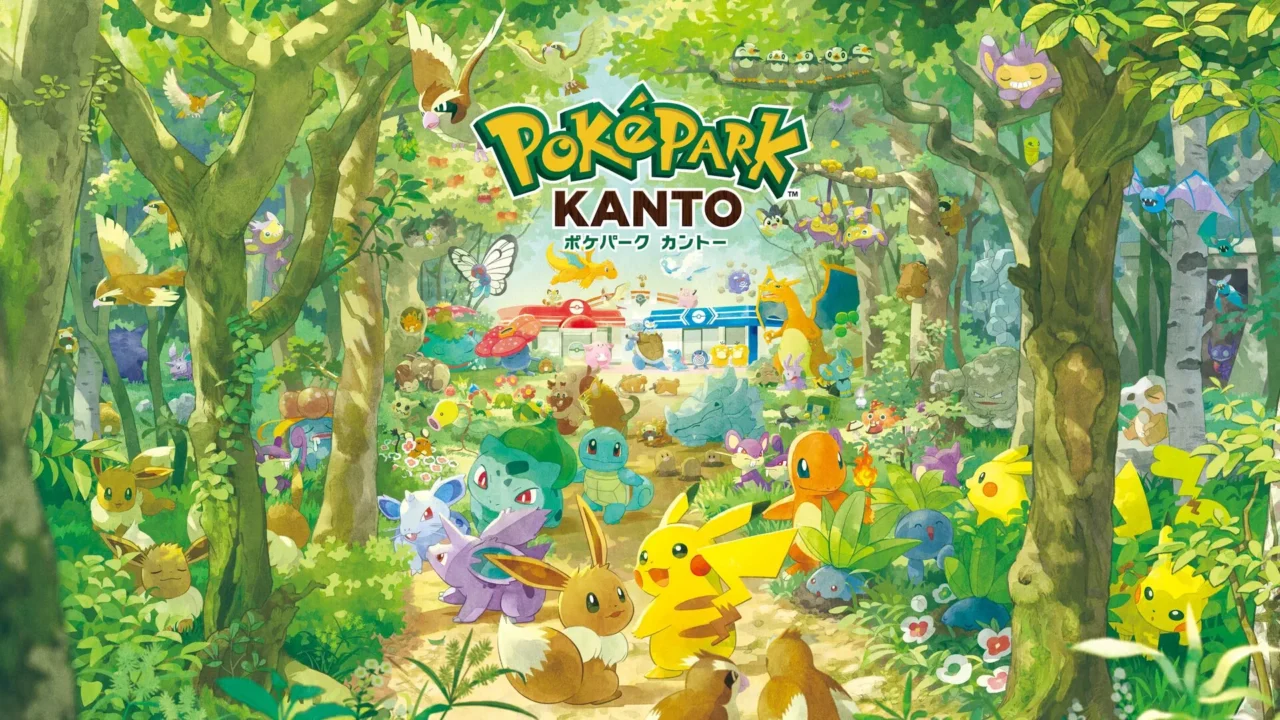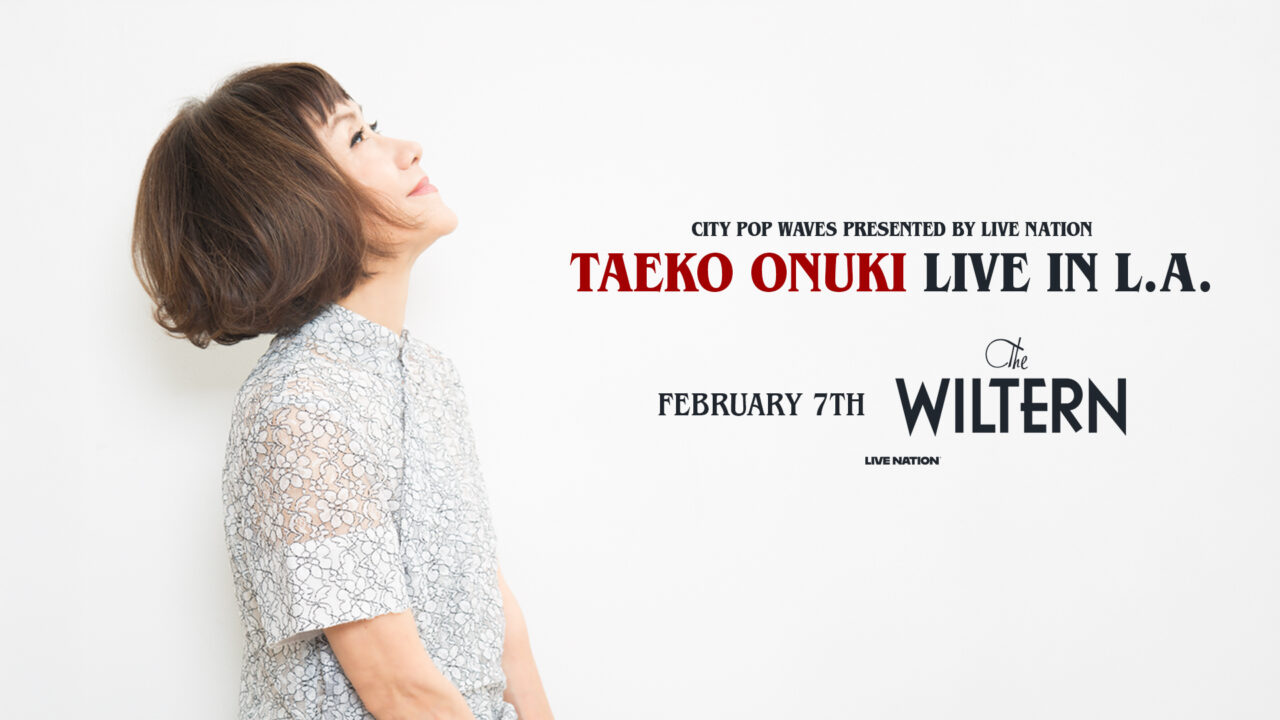INDEX
Kishida: Instead of Reuniting for Tribute or Self-over Albums, We Focus on Our Current Journey, Allowing Us to Experience the Past and Future More Authentically
– The song “In Your Life,” which was released earlier in the album, is one of the songs that symbolize the album. I don’t think we are copying or tracing anything from the past, but it is a song that the three of us have created together while confronting our own past.
Kishida: There are 13 songs on the album, and our staff circled the songs one by one. The song with the most circles was the one with the tentative title ” the theme song for a movie” written on it.
I don’t really know how good or bad it was, because I made it in a flash. But the staff was really happy with it, so I decided to make it, and it turned out to be a good song, and I think the more you work on it in a live performance, the more the song grows. The more you work on it live, the more the song will grow. This is a bit too much of an analogy, but if you go to Ohsho, you see dumplings, right? That is the general image of Quruli.
– The Quintessential Image of Quruli that Everyone Has in Mind?
Kishida: When I go to Ousho, I usually go for Tenshinhan (rice with tempura) (laughs), but I think this song is fulfilling the role of Gyoza.
Sato: The staff gave us a tentative title “theme song for a movie,” and as the song evolved, it went from gyoza to a full-belly set meal (laughs).

Mori: From my impression, I thought this song was one of the very good songs that Quruli made after I left, rather than a song from when I was there, which is a typical Quruli song. To be honest, it was the only song on the recording that I was quite clear about the shape of, and I was like, “Let’s go with this,” from beginning to end.
So I actually played this song a little differently from the other songs. But it turned out great, and I was very happy to be able to say, “This song sounds like a typical Quruli song after I left, but this is what happened after I joined the band.

– I found this song symbolic because the album itself made me think about “how to connect with the past, live in the present, and look to the future. It is the same with human relationships and the way music should be, and I thought it ended up being a kind of questioning as well.
Kishida: There is a past, a present, and a future. It’s like a religious way of thinking, or reincarnation, or something like that. Humans connect the past with the future and think about something at that time, right? Even in our daily lives, we think about what we should do next week, or what we did last New Year’s Day. I think too many things in the world talk about the past and future in a too positive way, either as a form of nostalgia or as facing way from reality.
Of course, there are times when we refer to the past or reflect on the past, and we all have our own thoughts about how we want to live in the future, but what I want to do is to put ourselves in the present.

Kishida: I don’t want to reunite to make a tribute or a selfcover album, but to put ourselves in the present. When the three of us get together, our past becomes a point of reference, and there will be people who will continue to play music as long as they live, but because we are in the present, we can feel the past and the future more realistically.
























